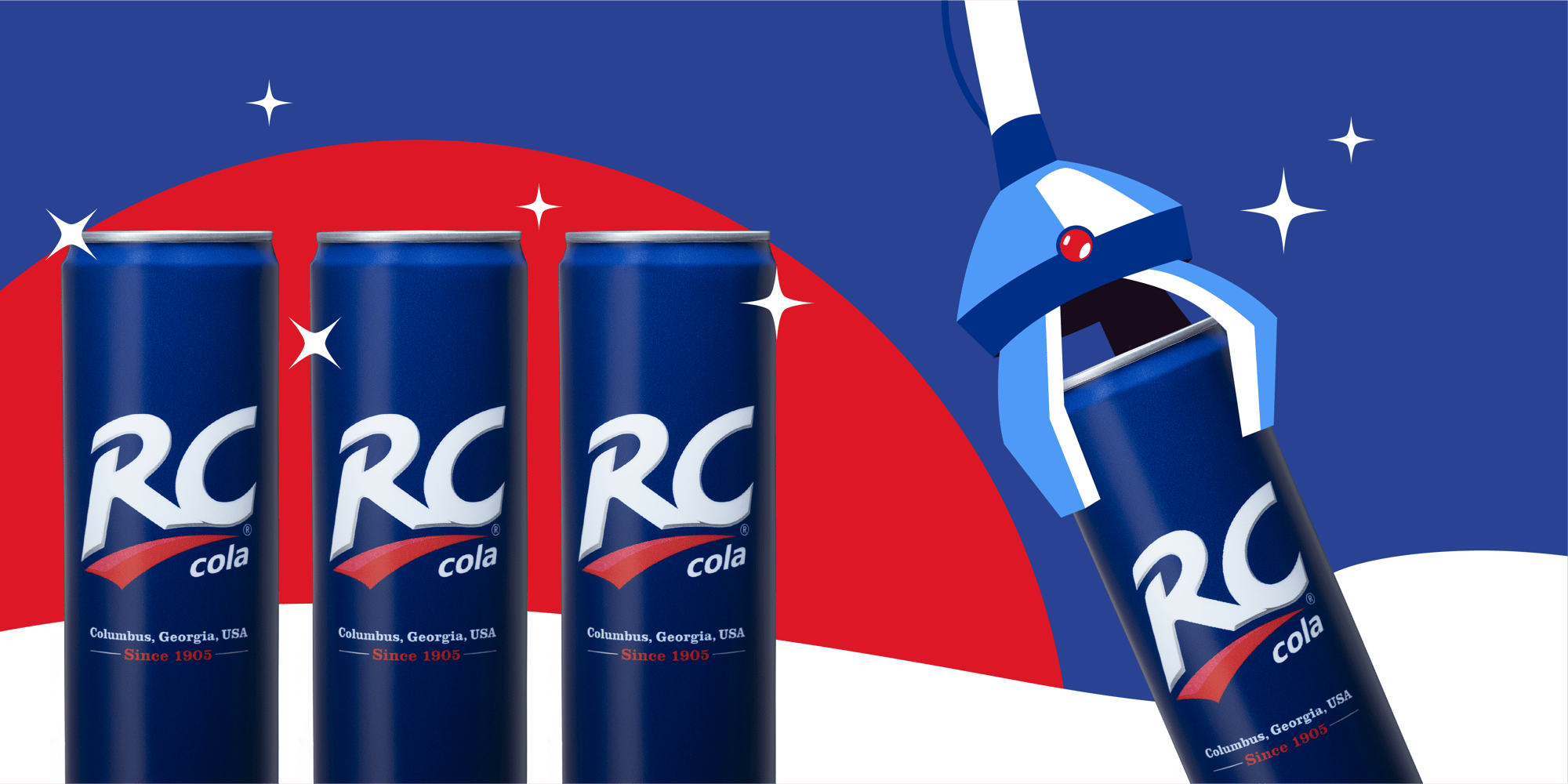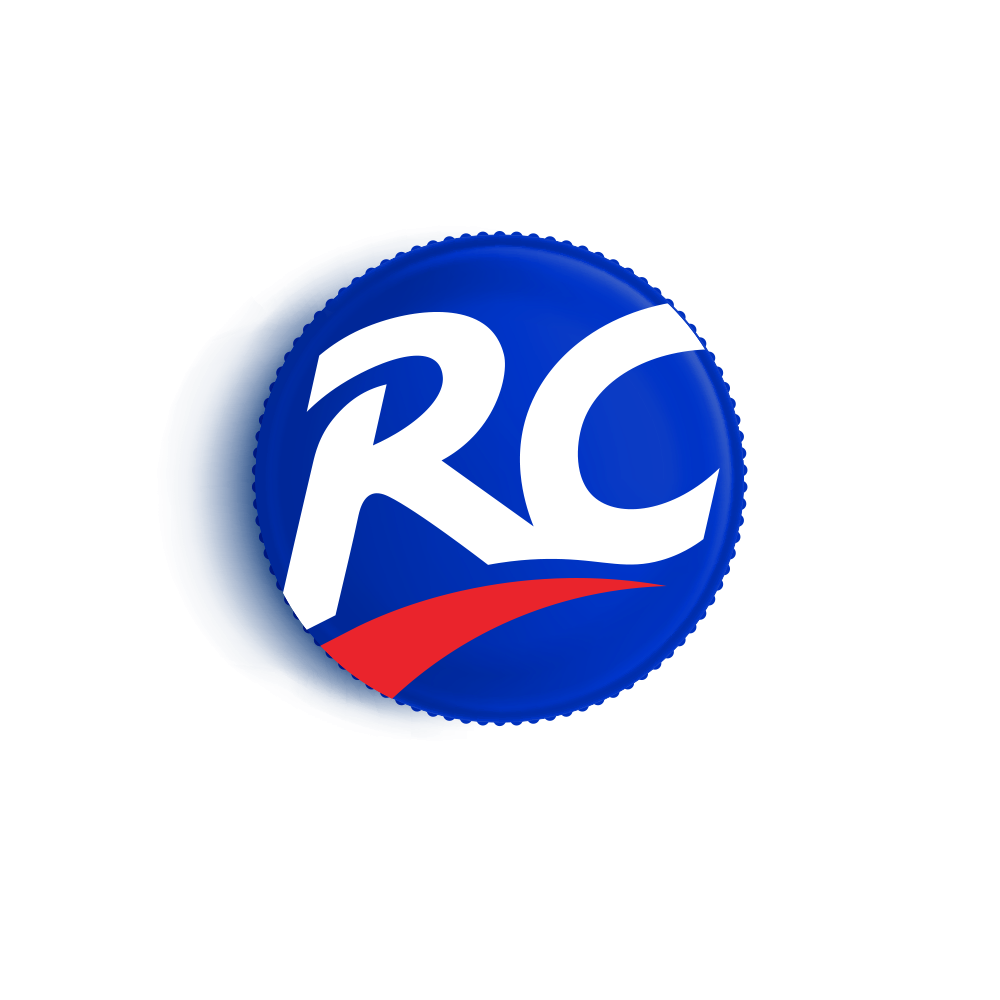From sustainable packaging to smart warehousing, beverage bottlers should leverage these emerging technologies for success.
Technology in the beverage industry: Why adaptation is key
Since its inception, the beverage industry has been majorly influenced by manufacturing and flavoring technologies. As ways to develop, produce, and package drinks have evolved over the years, manufacturers have adapted to the latest advancements or risked being left behind.
The earliest days of beverage manufacturing saw manual factory floors, where everything from the carbonation process to placing caps on bottles was performed by hand.
Clearly, the use of technology in industry has come a long way in the past few decades. But it’s more important now than ever before that manufacturers remain aware of the latest developments in order to stay relevant in a competitive, crowded market.
Recent innovations in beverage technology
Within the past decade, the beverage industry has seen several major developments that have reshaped fundamental components of the manufacturing and packaging processes.
Most brands have rolled out automation and smart manufacturing on their factory floors, allowing for greater control over the end product, less human error, and faster, more efficient production lines. This has largely been powered by IoT-enabled machinery and equipment, which allows supervisors to constantly monitor output and detect potential production issues early.
Data analytics and predictive insights, as well as harnessing big data for better decision-making, have empowered bottlers with the ability to make hyper-accurate estimations regarding everything from how many batches of a product they should produce to even identifying problems on the assembly line before they occur.
On the sales side, e-commerce and Direct-to-Consumer (DTC) sales have totally reshaped the way in which brands communicate with both their loyal customers and target audiences. Armed with the ability to communicate directly with consumers online, many brands have discovered that they can directly appeal to buyers and engage in highly effective outreach.
AI and Machine Learning in marketing have helped brands utilize their budgets for more effective, smarter campaigns. Coupled with beverage sales traceability, which enables marketers to better track which of their outreach efforts are resonating with consumers and which ones are falling flat.
This means that beverage bottlers can better predict which outreach initiatives and product offerings are likely to perform well, giving them the power to leverage their marketing budgets for better real-world results.
Sustainable packaging technologies have also emerged as a major area of focus, especially as consumer awareness around eco-friendly corporate practices continues to grow. By embracing ways to package beverages that are kinder to the planet, bottlers are both protecting the environment and giving themselves a competitive edge among conscious consumers.
The future of beverage technology: What bottlers should know
There are a number of emerging technologies on the horizon that are expected to have a major impact on the industry in the coming years.
Bottlers are continuing to embrace robotization and automation on the factory floor. While the vast majority of brands already use these technologies to some degree, recent advancements in the space are helping to ensure that manufacturing happens in the most streamlined, accurate, and cost-efficient way possible.
Robots are now commonly utilized for tasks including bottle handling, filling, capping, labeling, and packaging. They can work with minimal downtime, ensuring consistent product quality and reducing the risk of contamination.
Automation has optimized production lines by integrating various processes seamlessly. From recipe formulation and ingredient dosing to mixing, heating, and cooling, automation systems can precisely control each step. This not only boosts productivity but also ensures that every batch adheres to the same standards.
Tethered bottle caps, using 100 percent rPET (recycled polyethylene terephthalate plastic) and reducing package weight to save materials are a few of the sustainable packaging solutions that are increasingly being rolled out across the industry.
As legal regulations continue to evolve - such as a recent EU law mandating that bottle caps be physically attached to bottles in order to ensure more effective recycling to reduce waste - it’s likely that sustainable packaging technologies will continue to grow in importance and prevalence in the industry.
Smart beverage warehousing is revolutionizing the way beverages are stored, managed, and distributed. This innovative approach combines cutting-edge technology with smart logistics to optimize every aspect of the beverage supply chain.
The practice involves the use of advanced inventory management systems that utilize sensors and RFID technology to monitor stock levels in real-time. This ensures that beverages are always readily available, reducing the risk of running out of stock or shipping out too much of a particular product. It’s important to note that systems can predict demand patterns, allowing for better planning and resource allocation.
Temperature and humidity control are paramount in smart beverage warehousing. Oftentimes, this means that brands employ IoT sensors to maintain optimal conditions for their products. This guarantees the quality and taste of beverages remain uncompromised throughout their time in storage.
On the software front, several behind-the-scenes technologies are emerging as a greater priority for beverage manufacturers. Bottlers are now investing in data management solutions, which can be utilized to streamline operations and to monitor efficiency for better practices on the assembly line.
These solutions can grow alongside a business to meet market demands and accommodate growth as technology shifts, providing beverage companies with crucial data at their fingertips.
More and more beverage companies are embracing cloud technology and shifting their core functions to a cloud-based format. The change from on-prem operations to the cloud helps bottlers improve their agility, scalability, and security, while reducing costs.
Because the cloud allows access to data about critical functions from anywhere, brands can enjoy greater transparency and insights into their operations, without having to struggle to find important info siloed within a manufacturing site’s physical, on-site computers.
Edge computing is gaining popularity among bottlers, as it empowers brands with the ability to process data closer to the source. This reduces latency and improves real-time decision-making, so bottlers can make better decisions regarding production, marketing, and more.
Staying aware of the latest beverage technology trends
To remain competitive and meet evolving consumer demands, bottlers must embrace the latest innovations in automation and beverage technologies, especially when it comes to best practices for production and sustainability.
Reach out to the RC Cola team if you're eager to explore and adopt these technologies, which can empower your brand with stronger sales, streamlined operations, and smarter resource allocation.
By partnering with us, you can ensure that your beverage production remains agile, efficient, and aligned with dynamic industry trends, securing a prosperous future for your brand. Stay ahead of the curve and connect with us today.



